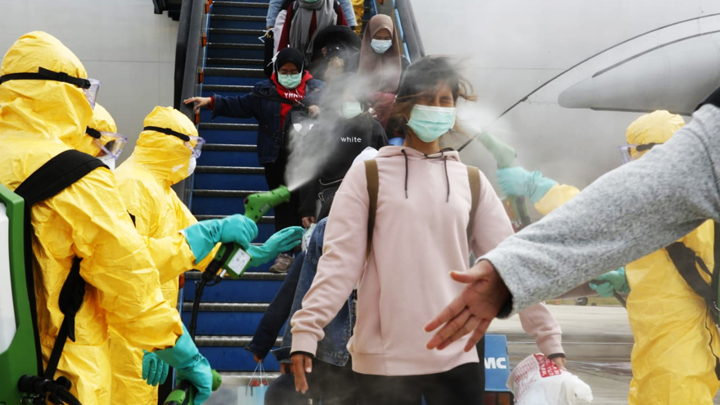Five Diplomats in the Coronavirus Area
Tuesday, February 11, 2020
arsip tempo : 171355944437.

FOLLOWING the spread and impact of the coronavirus on local and foreign news channels on Tuesday, January 28, Coordinating Minister for Human Development and Culture Muhadjir Effendy reached for his cellular phone. That night he sent a message to Foreign Affairs Minister Retno Lestari Priansari Marsudi, recommending an immediate evacuation of Indonesian citizens in Wuhan and vicinity, Hubei Province, China.
While waiting for Retno’s r
...
Subscribe to continue reading.
We craft news with stories.
 For the benefits of subscribing to Digital Tempo, See More
For the benefits of subscribing to Digital Tempo, See More









